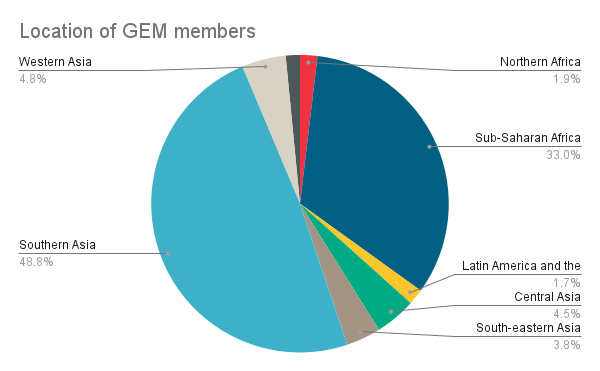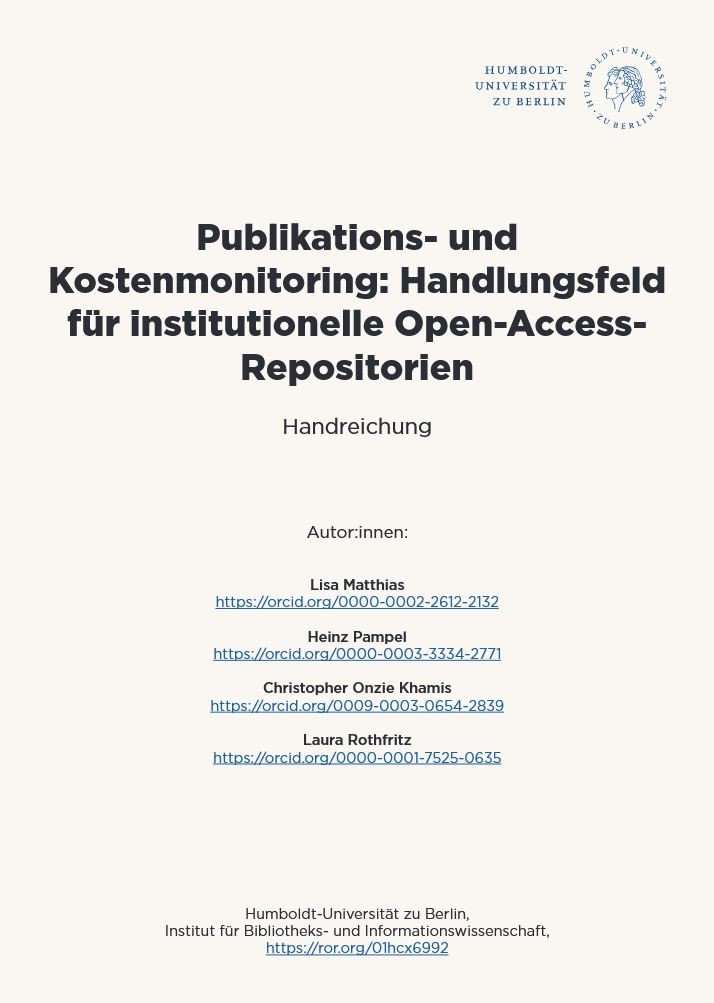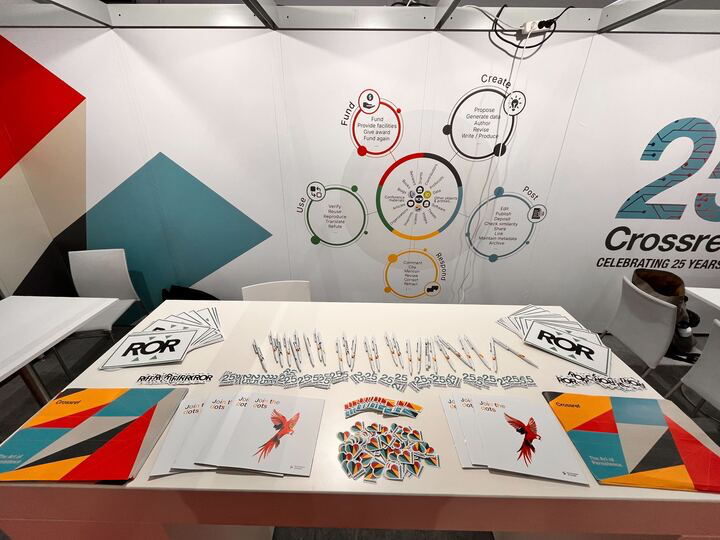Dear rOpenSci friends, it’s time for our monthly news roundup! You can read this post on our blog. Now let’s dive into the activity at and around rOpenSci! 🔗rOpenSci HQ 🔗rOpenSci at LatinR We’re excited to continue supporting LatinR as a community partner in 2025. Registration is now open for the free LatinR Conference, bringing together researchers, developers, and open science advocates from across the region.
Rogue Scholar Posts
What can students learn from Generative AI chatbots like ChatGPT? What roles can chatbots play in collaborative engineering? Tutor? Facilitator? Pair programmer? Task master? Vibe coder? Coursework cheater? Or something else?

People and Nature Reconciliation (PanNature) is a Vietnamese non-profit organization founded in 2006, dedicated to protecting biodiversity and promoting sustainable development. PanNature works to harmonize the relationship between people and nature through policy advocacy, field-based conservation, and community partnerships, aiming to improve environmental governance and ensure responsible use of natural resources.

The Rogue Scholar science blog archive started work on improving the subject classification of blog posts, using an open approach to subject classification developed by CWTS and OpenAlex.

Crossref was created back in 2000 by 12 forward-thinking scholarly publishers from North America and Europe, and by 2002, these members had registered 4 million DOI records. At the time of writing, we have over 23,600 members in 164 different countries.
This month’s news includes: Research software community news, including South Africa’s National Science and Technology Forum Research Software Awards Research Software Community Leadership Forum (CLF) IRSC Program Committee Opportunities to get involved with community initiatives Resources Community events, including eResearch NZ / eRangahau Aotearoa 2026 Read the November newsletter

We are pleased to announce the publication of our fourth guide from the BMFTR-funded (Federal Ministry for Research, Technology and Space) project “Professionalisierung der Open-Access-Repositorien-Infrastruktur in Deutschland (Pro OAR DE)”: “Publikations- und Kostenmonitoring: Handlungsfeld für institutionelle Open-Access Repositorien” (available in German only). Matthias, L., Pampel, H., Khamis, C. O., & Rothfritz, L. (2025).
Translating the rOpenSci Dev Guide into Portuguese: Collaboration, Community, Challenges, and Impact
🔗Introduction rOpenSci curates packages developed in the R programming language and also offers a well-established peer review process for R packages.
I've been building some big collective knowledge systems recently, both for scholarly literature or to power large-scale observational foundation models. While the modalities of knowledge in these systems are very different, they share a common set of design principles I've noticed while building individual pieces. A good computer architecture is one that can be re-used, and I've been mulling over what this exactly is for some time.

Yesterday I renamed the Front Matter blog to blog.front-matter.de, i.e. changing the top-level domain from .io to .de. I did this for two reasons: * The internet country code top-level domain .io has a complicated history, and I wanted to migrate away from it for some time.

The Frankfurt Book Fair is the largest book fair in the world, and therefore a key event on our calendar. Held annually in Frankfurt, Germany, the 77th Frankfurt Book Fair (October 15–19, 2025) saw 118,000 trade visitors and 120,000 private visitors from 131 countries.